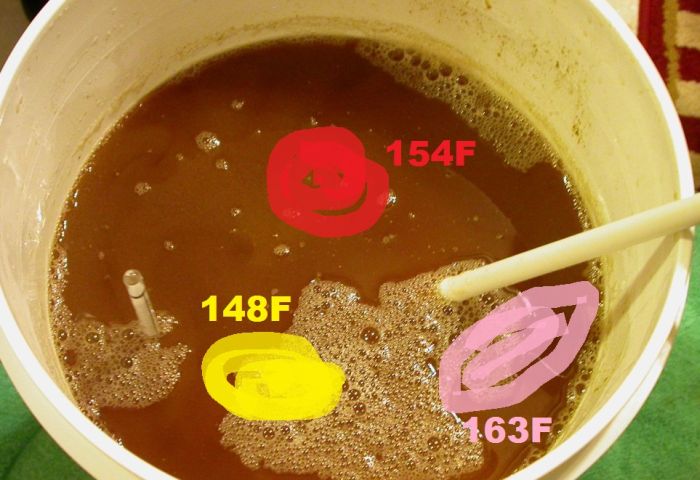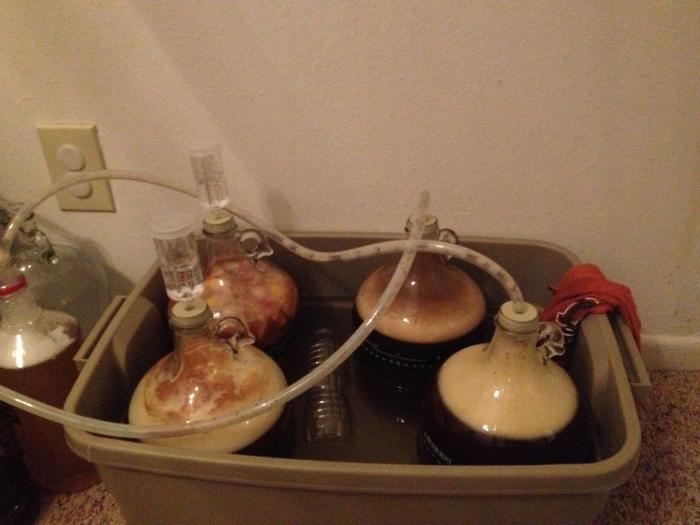Jsslack said:Correct me if i'm wrong but, i usually dump the wert into a fermentation vessel after i chill it mixing all the cold break into solution, then shake to aerate, further mixing cold break into solution, so the cold break falls out during fermentation not during the cooling process.
It's not wrong, but that's not the way everyone does it. A lot of people whirlpool, let it settle, and siphon into the fermentor. I pour through a paint strainer bag.




